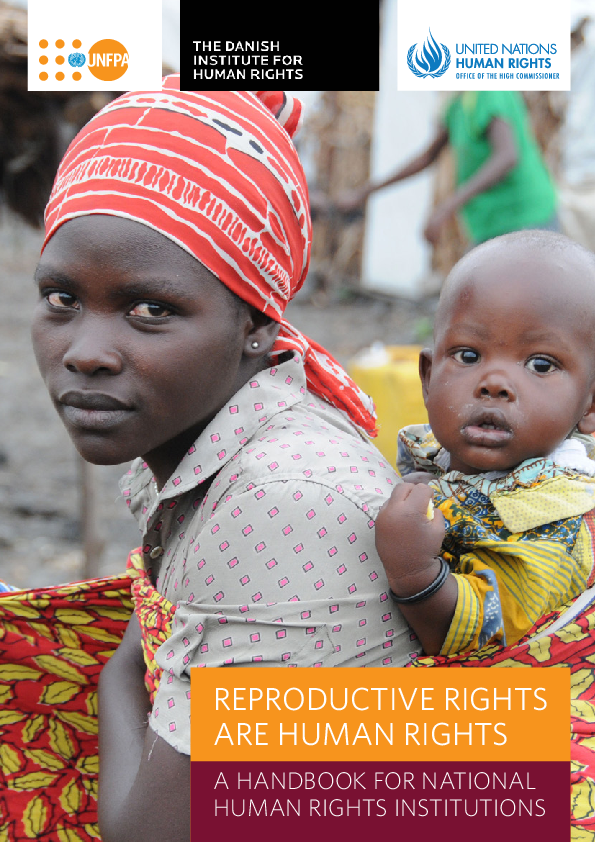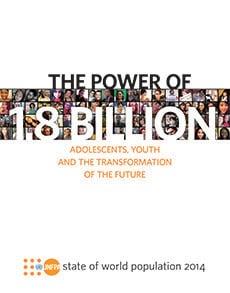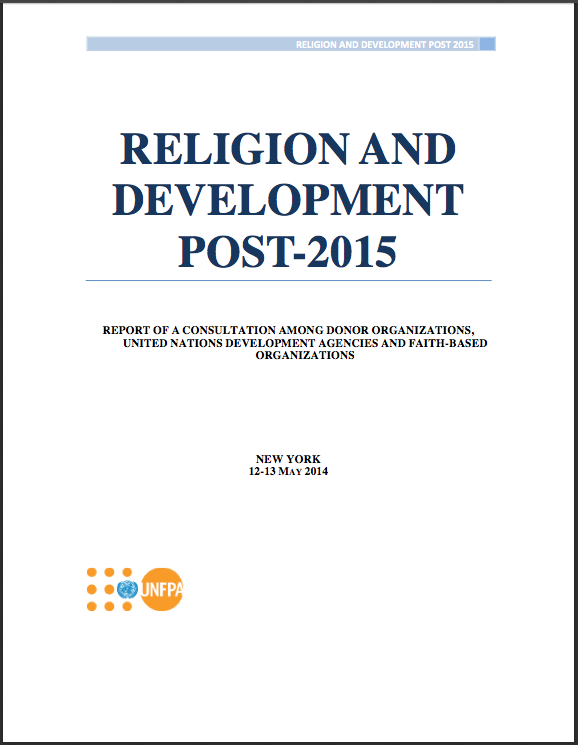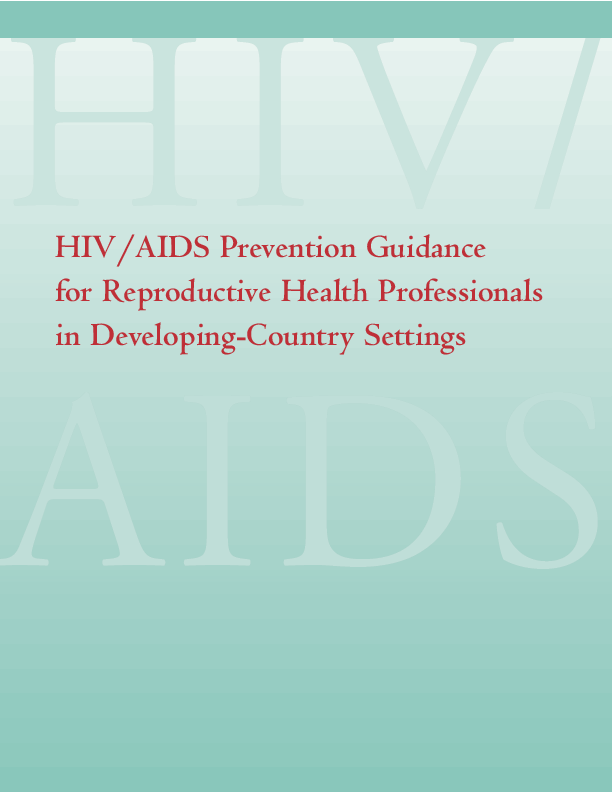You are here
New Releases

Reproductive Rights are Human Rights
The purpose of this Handbook is to provide National Human Rights Institutions with tools and guidance on how to integrate reproductive rights into their work. Each National Human Rights Institution is as unique as the country in which it has been established but that does not mean that many of their challenges, including within the field of reproductive rights, are not the same or similar. This Handbook is intended to give an introduction to reproductive rights, both what they mean in practice and their normative background, and how National Human Rights Institutions can work within this field. A number of experiences from NHRIs have been gathered and are included in this Handbook.

State of World Population 2014
Young people matter. They matter because an unprecedented 1.8 billion youth are alive today, and because they are the shapers and leaders of our global future. They matter because they have inherent human rights that must be fulfilled. Yet, in a world of adult concerns, young people are often overlooked. This tendency cries out for urgent correction, because it imperils youth as well as economies and societies at large.

Religion and development post 2015
The consultation titled “Religion and Development Post-2015: Challenges, Opportunities and Policy Guidance” was hosted by UNFPA in its capacity as Convenor of the UN- IATF-FBO and co-sponsored by George Mason University, City University London and Digni, a religious umbrella organization from Norway. The roundtable event took place on 12-13 May 2014 in New York.

HIV/AIDS Prevention Guidance for Reproductive Health Professionals in Developing-Country Settings
After more than two decades of sustained and expanding HIV/AIDS interventions, it is clear that effective HIV services, programs, and policies for prevention, care, support, treatment, and impact alleviation require multi-sectoral responses from governments, international agencies, and international and national nongovernmental organizations (NGOs).